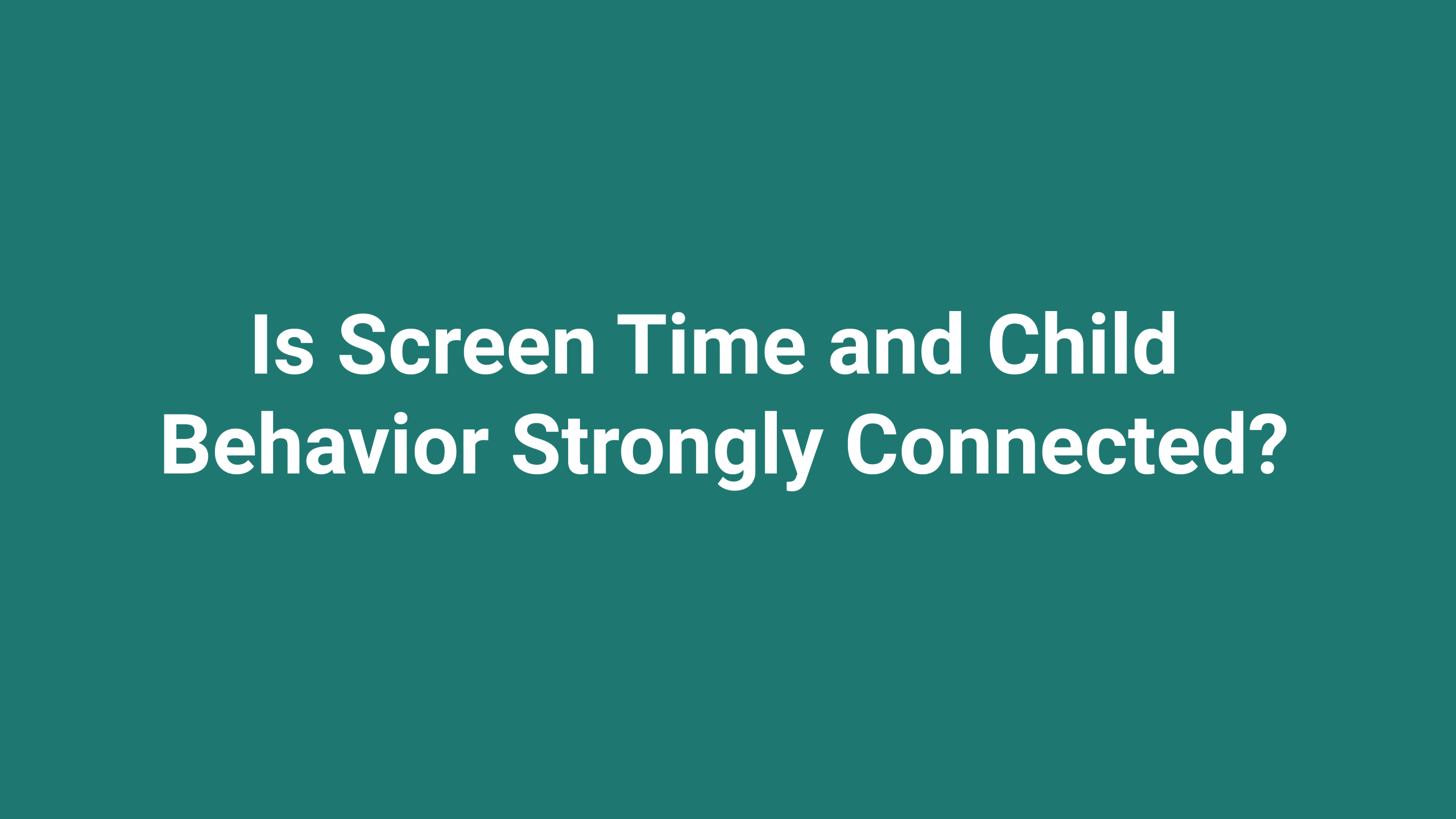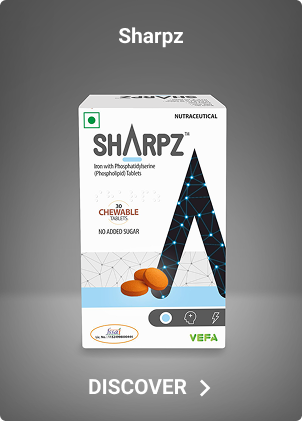In today’s digital age, children are spending more hours than ever in front of screens—whether for school, games, or entertainment. While technology is unavoidable, parents often notice changes in mood, focus, and energy when screen time goes unchecked. Interestingly, what children eat also plays a crucial role in this equation. Let’s explore how screen time and child behavior are connected to diet and how nutrition can be used as a tool for better balance.
Also Read: Why does my child struggle to concentrate even after sleeping well and eating right?
Screen Time and Child Behavior
Prolonged exposure to tablets, mobiles, or TVs can overstimulate a child’s brain. Research shows that too much screen time can lead to irritability, sleep problems, and attention difficulties. Children may also become more hyperactive or withdrawn, depending on the type of content they consume. Pair this with lack of physical activity, and parents may see a rise in mood swings and fatigue.
Also Read: My teen forgets everything! Is it just a phase or do they need brain nutrition?
Nutrition for Hyperactivity
Food directly fuels the brain, and for kids who struggle with restlessness or inattention, diet matters more than we think. High sugar snacks, processed foods, and artificial additives may trigger spikes in energy followed by sudden crashes, worsening hyperactivity. On the other hand, foods rich in Omega-3 fatty acids, proteins, and complex carbohydrates provide steady energy and support brain function. This makes nutrition for hyperactivity an essential strategy alongside healthy screen habits.
Also Read: Is Travel Constipation in Kids Common?
Kids’ Mood and Food
The gut and brain are closely linked. A child’s diet can directly impact emotional regulation. Deficiencies in vitamins like B12, iron, and minerals such as magnesium can contribute to irritability and low mood. Simple changes—like adding fruits, leafy greens, nuts, and whole grains—help stabilize emotions. This is why parents often observe that kids’ mood and food go hand in hand. Balanced meals not only fuel the body but also calm the mind.
Also Read: Are health gummies effective or just overhyped?
Cognitive Support for screen fatigue
Digital learning and entertainment strain the eyes and brain. Symptoms like tiredness, lack of focus, and mental fog are becoming common in children. Nutrition can provide natural cognitive support for screen fatigue. Antioxidant-rich foods like berries, leafy greens, and nuts help reduce oxidative stress, while Omega-3s support brain cell communication. Hydration also plays a key role—dehydrated children often appear more distracted and irritable.
Also Read: Can prebiotic for children make constipation easier?
Brain Food for Digital Kids
To raise healthy digital natives, parents need to focus on brain food for digital kids. Some powerful options include:
- Omega-3 sources: fish, walnuts, chia seeds
- Protein-rich foods: eggs, lentils, dairy
- Iron and B-vitamins: spinach, beans, fortified cereals
- Antioxidants: blueberries, tomatoes, carrots
- Hydration: water, coconut water, and fresh fruits
These not only protect the brain but also build resilience against the challenges of modern screen-heavy lifestyles.
Also Read: How does a health supplement improve your health?
Conclusion
The link between screen time, behavior, and nutrition is undeniable. While reducing digital overload is important, nourishing your child’s brain and body is equally vital. With the right food choices, parents can help children stay calmer, more focused, and better equipped to thrive in a digital world.
Also Read: Are Nutritional Supplements Really Helpful?












